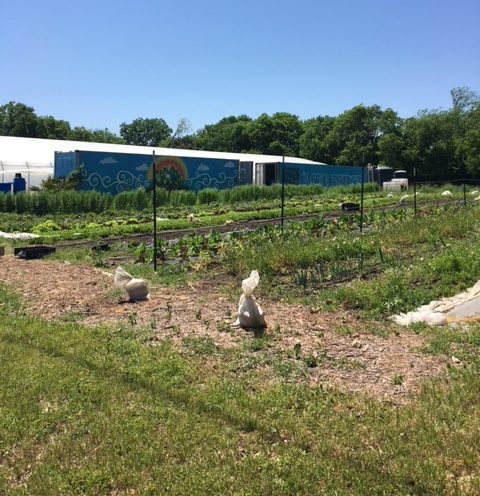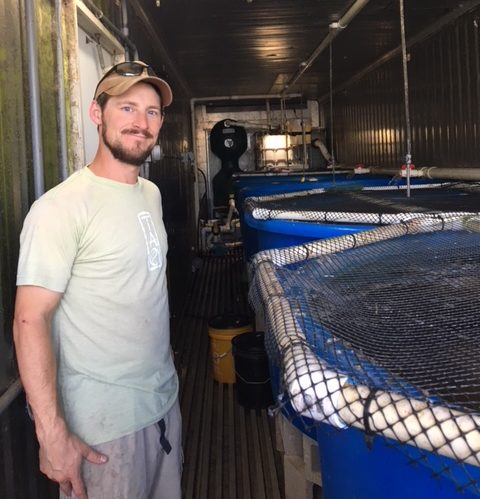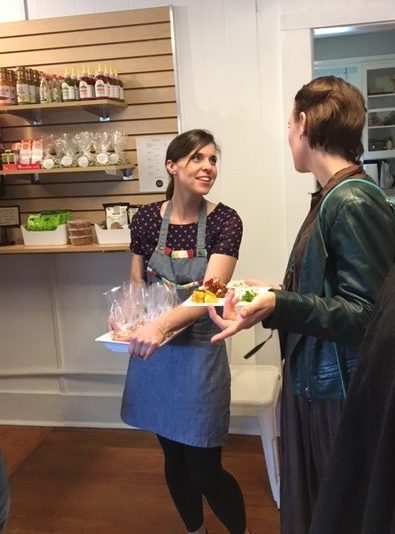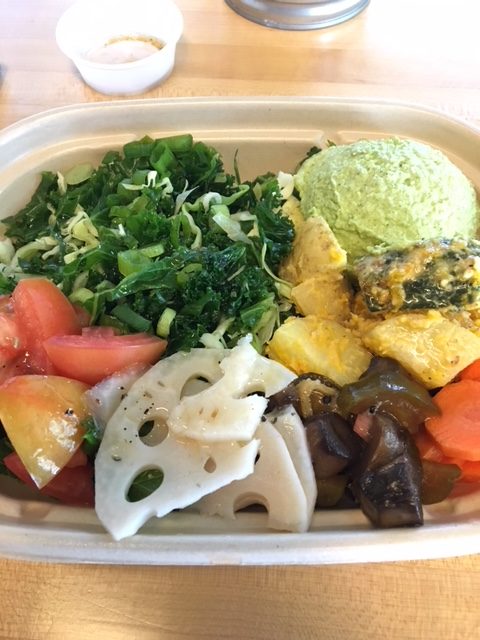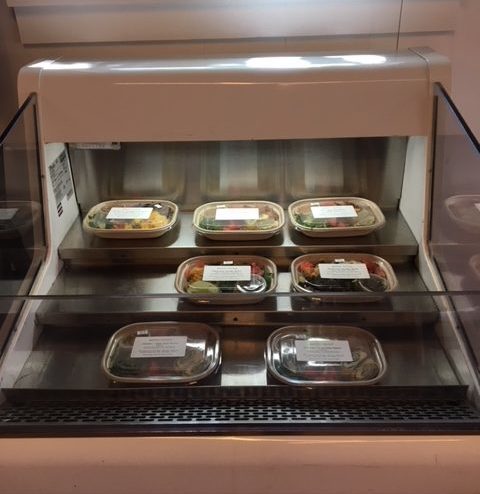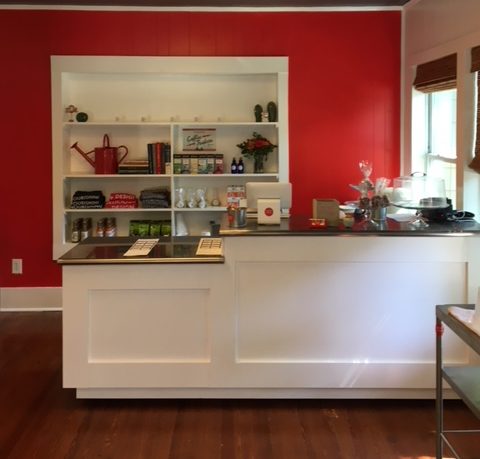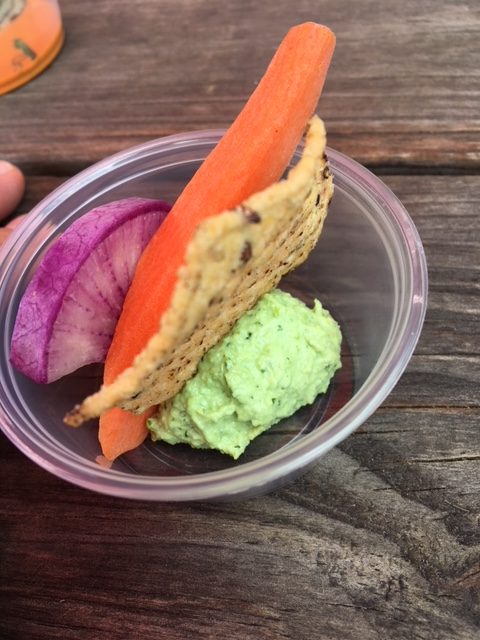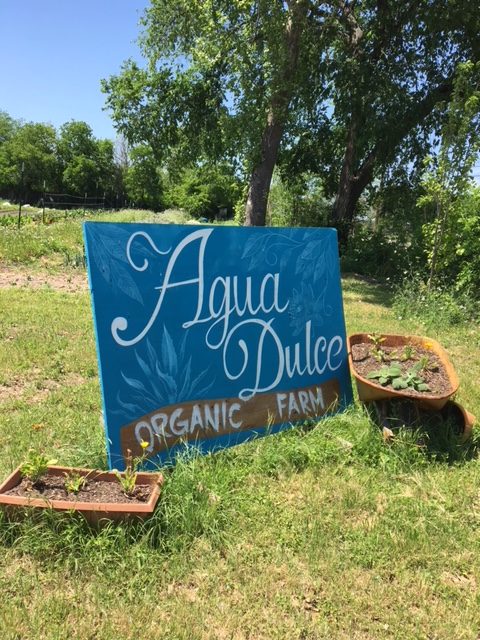
Startup Spotlight: Ten Acre Organics
Urban farming is a hot topic in food production right now, but creating a profitable farm in the middle of a city is a hard field to plow. We caught up with 2015 Food+City Prize winner Ten Acre Organics to find out how they did it.
Ten Acre Organics (TAO) co-founders Michael Hanan and Lloyd Minick have been working on their urban aquaponic farm since 2013. Since then they have been through several iterations of products, processes and procedures. Thanks to determination and their perfect-looking, colorful variety of Bibb, Romaine, Oak Leaf and Red and Green Leaf lettuces that have attracted Austin’s top chefs, TAO became profitable in early 2018. Their five-year journey has required patience and persistence — qualities that are emblematic of every entrepreneur.
Bootstrapping the capital to get started via a Kickstarter campaign, they stayed afloat in the early years with grant money and the support of friends and family. Ten acres of land, Hanan and Minick thought, “was the ‘just-right’ size for a diversified farm to achieve economies of scale and profitability while still being able to distribute 100 percent of its produce locally,” Minick says.
Working on the farm as a “garage project” for the first year, they painstakingly developed about one-tenth of an acre from scratch in their backyard in north Austin, consuming most of what they produced. At that point the co-founders faced a question all entrepreneurs must address: How do I quit my job and work on this full time?
Raising a seed investment round is a good way for startup founders to earn the ability to work on their company full time. It’s also validation that other people see value and promise in your idea. TAO was looking for both. Then, in 2015, a panel of industry expert judges named Ten Acre Organics the Grand Prize winner of the inaugural Food+City Challenge Prize, which came with $10,000 in prize money. While the money helped them float the operation for a few months while they continued to raise money, the more important thing, according to Lloyd, was the validation.
“Winning the Food+City Challenge Prize proved to us that we had a good idea, and that investors recognized the opportunity. It really helped in terms of our reputation,” he says. Later that year, TAO closed their seed investment round with $500,000.
Receiving validation and investment are big milestones for startups. But the work doesn’t end there. With big milestones come big expectations. Scaling a business from working prototype to profitable company is often more difficult than drumming up initial success. And in the farming business, where margins are notoriously thin, economies of scale are the only way to have financial success.
But expanding an urban farm can be challenging because city land is expensive. Hanan and Minick could have moved a few miles outside of town to save on land and utilities, but their dream was to grow a community, not just food. Creating a place for community workshops, think-tank style dinners and private events is their way to help people understand and appreciate where our food comes from, how it’s grown and by whom.
“We want to make an a place that is not just a farm but a community center as a change agent, where people who feel disconnected and alienated by the modern industrial food system can experience social cohesion,” Micinic says.
With the community in mind, they stayed true to their dream and in 2016 purchased an existing urban farm just a few miles from downtown Austin. Hanan and Minick saw potential in an urban farm that was struggling operationally and financially. They decided that they could improve upon the business with things like better system design and engineering, better staffing and personnel management, improved horticultural practices to maintain product quality and consistency, and an increased focus on sales and customer development. With these improvements, they thought, Agua Dulce farm could be the model profitable urban community farm. In early 2018, they celebrated their first profitable month. Their certified organic, aquaponically grown leafy greens are the opposite of ugly produce, and the quality of the product is one of their most significant accomplishments. It’s also a differentiator that helped them catch the attention of some of the most high-profile restaurants in Austin.
All it took was four years of back-breaking labor, day in and day out. And that’s just on the farming side. There are also business duties and decisions to be made regarding human resource management, accounting, sales and marketing, and disaster control. While he stops short of telling people not to build more urban farms, Minick has a strong warning for the folks who think urban farming is more romantic than rigor.
“Farming is hard. Starting a business is hard. And starting a farming business is just insane,” Minick says. But if you’re insane enough to work long hours in the Texas heat for several years, you just might end up with a successful business.
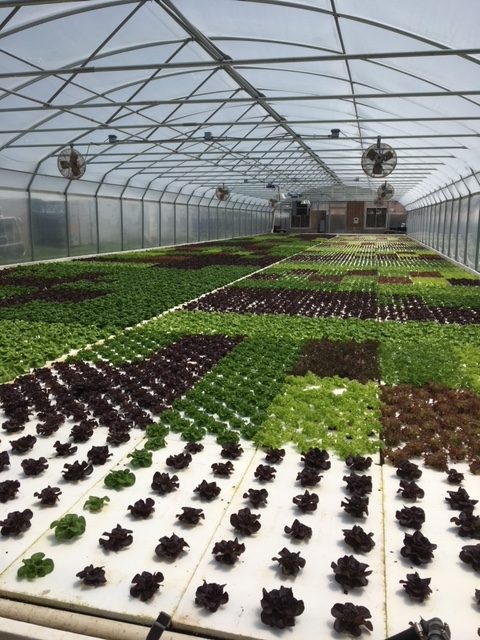
 Watch the recap video of the 2015 Food+City Challenge Prize featuring Ten Acre Organics as the Grand Prize winner.
Watch the recap video of the 2015 Food+City Challenge Prize featuring Ten Acre Organics as the Grand Prize winner.